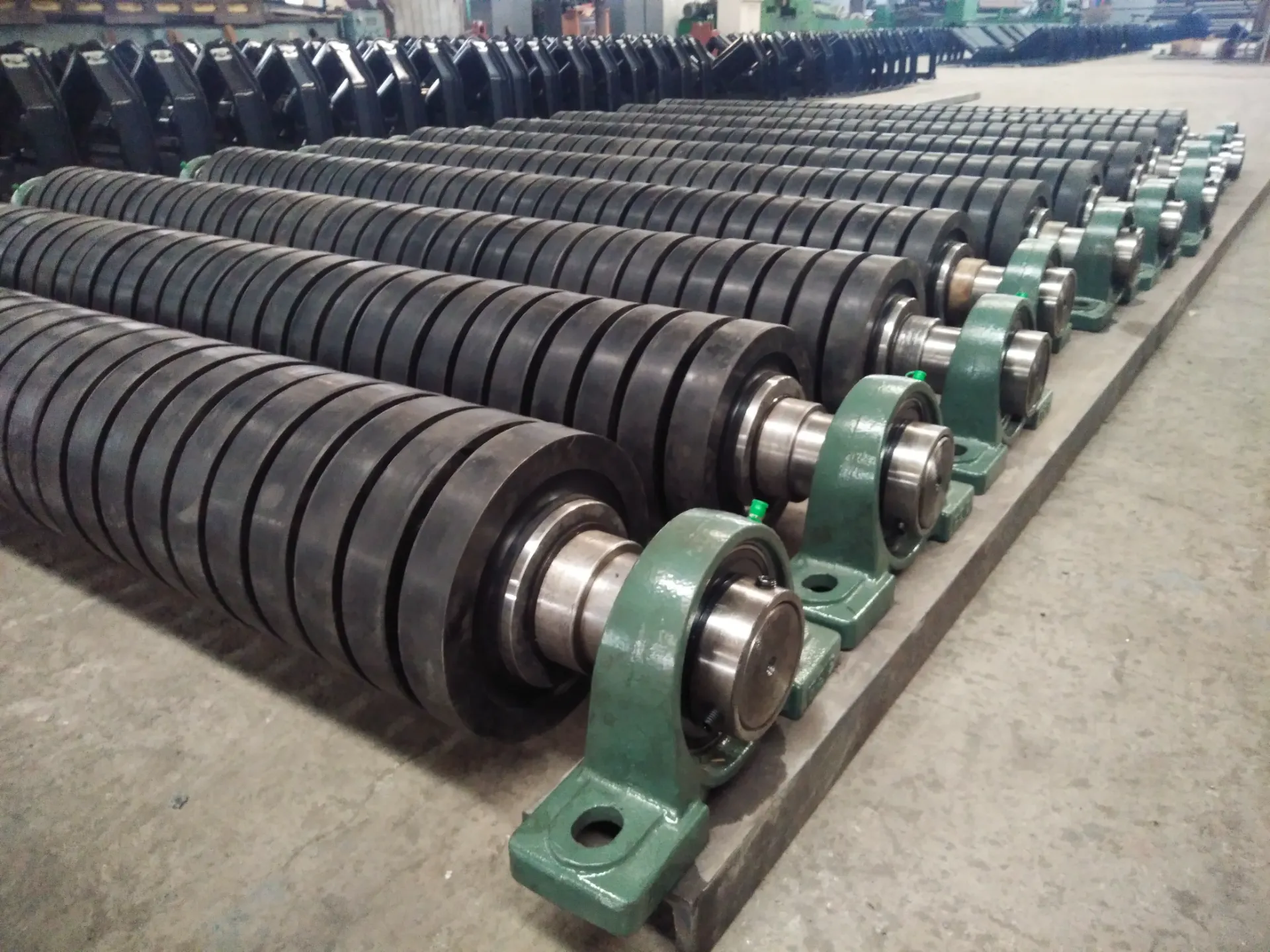 Afrikaans
Afrikaans  Albanian
Albanian  Amharic
Amharic  Arabic
Arabic  Armenian
Armenian  Azerbaijani
Azerbaijani  Basque
Basque  Belarusian
Belarusian  Bengali
Bengali  Bosnian
Bosnian  Bulgarian
Bulgarian  Catalan
Catalan  Cebuano
Cebuano  Corsican
Corsican  Croatian
Croatian  Czech
Czech  Danish
Danish  Dutch
Dutch  English
English  Esperanto
Esperanto  Estonian
Estonian  Finnish
Finnish  French
French  Frisian
Frisian  Galician
Galician  Georgian
Georgian  German
German  Greek
Greek  Gujarati
Gujarati  Haitian Creole
Haitian Creole  hausa
hausa  hawaiian
hawaiian  Hebrew
Hebrew  Hindi
Hindi  Miao
Miao  Hungarian
Hungarian  Icelandic
Icelandic  igbo
igbo  Indonesian
Indonesian  irish
irish  Italian
Italian  Japanese
Japanese  Javanese
Javanese  Kannada
Kannada  kazakh
kazakh  Khmer
Khmer  Rwandese
Rwandese  Korean
Korean  Kurdish
Kurdish  Kyrgyz
Kyrgyz  Lao
Lao  Latin
Latin  Latvian
Latvian  Lithuanian
Lithuanian  Luxembourgish
Luxembourgish  Macedonian
Macedonian  Malgashi
Malgashi  Malay
Malay  Malayalam
Malayalam  Maltese
Maltese  Maori
Maori  Marathi
Marathi  Mongolian
Mongolian  Myanmar
Myanmar  Nepali
Nepali  Norwegian
Norwegian  Norwegian
Norwegian  Occitan
Occitan  Pashto
Pashto  Persian
Persian  Polish
Polish  Portuguese
Portuguese  Punjabi
Punjabi  Romanian
Romanian  Russian
Russian  Samoan
Samoan  Scottish Gaelic
Scottish Gaelic  Serbian
Serbian  Sesotho
Sesotho  Shona
Shona  Sindhi
Sindhi  Sinhala
Sinhala  Slovak
Slovak  Slovenian
Slovenian  Somali
Somali  Spanish
Spanish  Sundanese
Sundanese  Swahili
Swahili  Swedish
Swedish  Tagalog
Tagalog  Tajik
Tajik  Tamil
Tamil  Tatar
Tatar  Telugu
Telugu  Thai
Thai  Turkish
Turkish  Turkmen
Turkmen  Ukrainian
Ukrainian  Urdu
Urdu  Uighur
Uighur  Uzbek
Uzbek  Vietnamese
Vietnamese  Welsh
Welsh  Bantu
Bantu  Yiddish
Yiddish  Yoruba
Yoruba  Zulu
Zulu Exploring the Benefits of Rubber Impact Rollers in Various Applications
Understanding the Role and Benefits of Rubber Impact Rollers
In the world of material handling and industrial processes, efficiency and reliability are fundamental. Among the various components that contribute to these aspects, rubber impact rollers are pivotal. These specialized rollers serve as crucial elements in a wide range of applications, particularly in conveyor systems. They not only enhance functionality but also mitigate wear and tear, ultimately leading to increased operational life and reduced maintenance costs.
Rubber impact rollers are designed to absorb and dissipate energy from materials being transported, particularly when they are heavy or dropped from heights. The primary function of these rollers is to cushion the impact of items as they travel along the conveyor system. This cushioning effect is crucial, as it prevents damage to both the roller itself and the materials being transported. By utilizing rubber as a material, these rollers maintain flexibility while providing excellent resistance to abrasion and wear.
The design of a rubber impact roller typically includes a rubber outer covering over a steel core, which balances durability and performance. The rubber offers optimal grip, reducing the likelihood of slipping, while the steel core ensures structural integrity under heavy load conditions. This combination makes rubber impact rollers effective for a variety of industries, from agriculture to mining and manufacturing.
One of the standout features of rubber impact rollers is their ability to handle heavy loads. In environments where large and dense materials, such as rocks or aggregates, are transported, the risk of impact damage increases manifold. Rubber impact rollers act as buffers, distributing the load and minimizing potential damage to both the roller and the conveyor system itself. This functionality not only improves safety but also enhances the overall efficiency of the process.
rubber impact roller

Moreover, the choice of rubber as a material has advantages that extend beyond mere impact absorption. Rubber is known for its resistance to a range of environmental factors. It can withstand moisture, chemicals, and temperature variations, which makes rubber impact rollers suitable for diverse operational conditions. Whether it’s a wet and humid environment or a dry and dusty location, these rollers perform reliably, ensuring consistent productivity.
Another significant benefit of rubber impact rollers is their low noise operation. Traditional metal rollers can produce a considerable amount of noise during operation, which may contribute to a less conducive working environment. In contrast, the rubber outer layer dampens noise, resulting in a quieter operation. This feature is particularly important in workplaces where sound levels need to be regulated, contributing to better working conditions for employees.
Maintenance is another critical consideration for industrial operations, and rubber impact rollers shine in this regard. Due to their robust design and construction, these rollers require minimal maintenance. Their ability to withstand wear and tear reduces the frequency of replacements, thereby saving on operational costs. Furthermore, because they prevent damage to the conveyor system, businesses can avoid costly repairs caused by material impacts.
The environmental impact of rubber impact rollers is also worth noting. Many manufacturers are now focusing on producing environmentally friendly rubber compounds, which can reduce the ecological footprint associated with these products. Additionally, the longer lifespan of rubber impact rollers means less frequent disposal, further contributing to sustainability practices within the industry.
In conclusion, rubber impact rollers are vital components in various industrial applications, offering numerous benefits, including impact absorption, durability, low maintenance, and noise reduction. Their ability to improve operational efficiency while protecting both materials and equipment makes them an essential investment for any business relying on conveyor systems. As industries continue to evolve and seek more sustainable practices, rubber impact rollers are poised to play an even more significant role in enhancing productivity while minimizing environmental impact. Adopting such innovative solutions not only fosters operational excellence but also aligns with the broader goals of sustainability in industrial practices.
-
Revolutionizing Conveyor Reliability with Advanced Rubber Lagging PulleysNewsJul.22,2025
-
Powering Precision and Durability with Expert Manufacturers of Conveyor ComponentsNewsJul.22,2025
-
Optimizing Conveyor Systems with Advanced Conveyor AccessoriesNewsJul.22,2025
-
Maximize Conveyor Efficiency with Quality Conveyor Idler PulleysNewsJul.22,2025
-
Future-Proof Your Conveyor System with High-Performance Polyurethane RollerNewsJul.22,2025
-
Driving Efficiency Forward with Quality Idlers and RollersNewsJul.22,2025





























